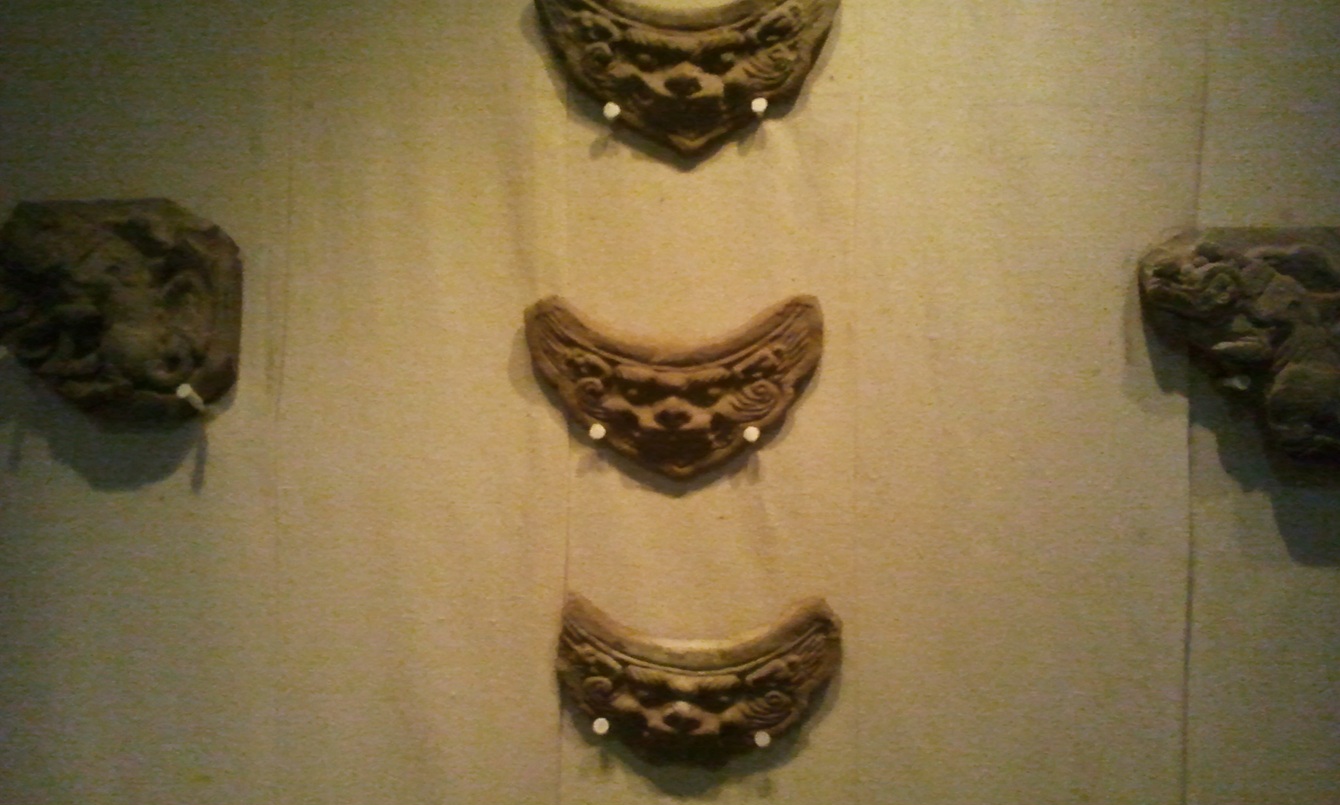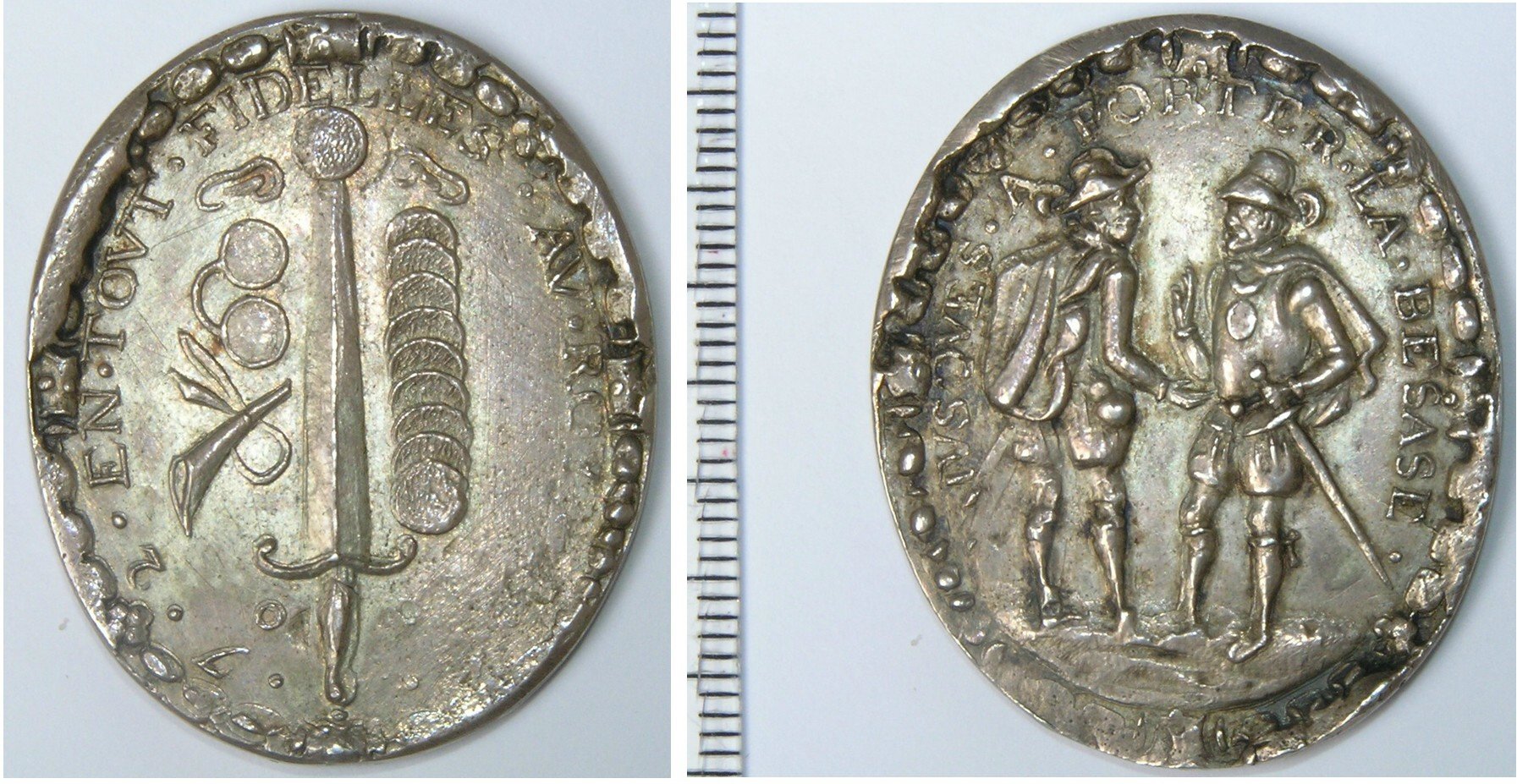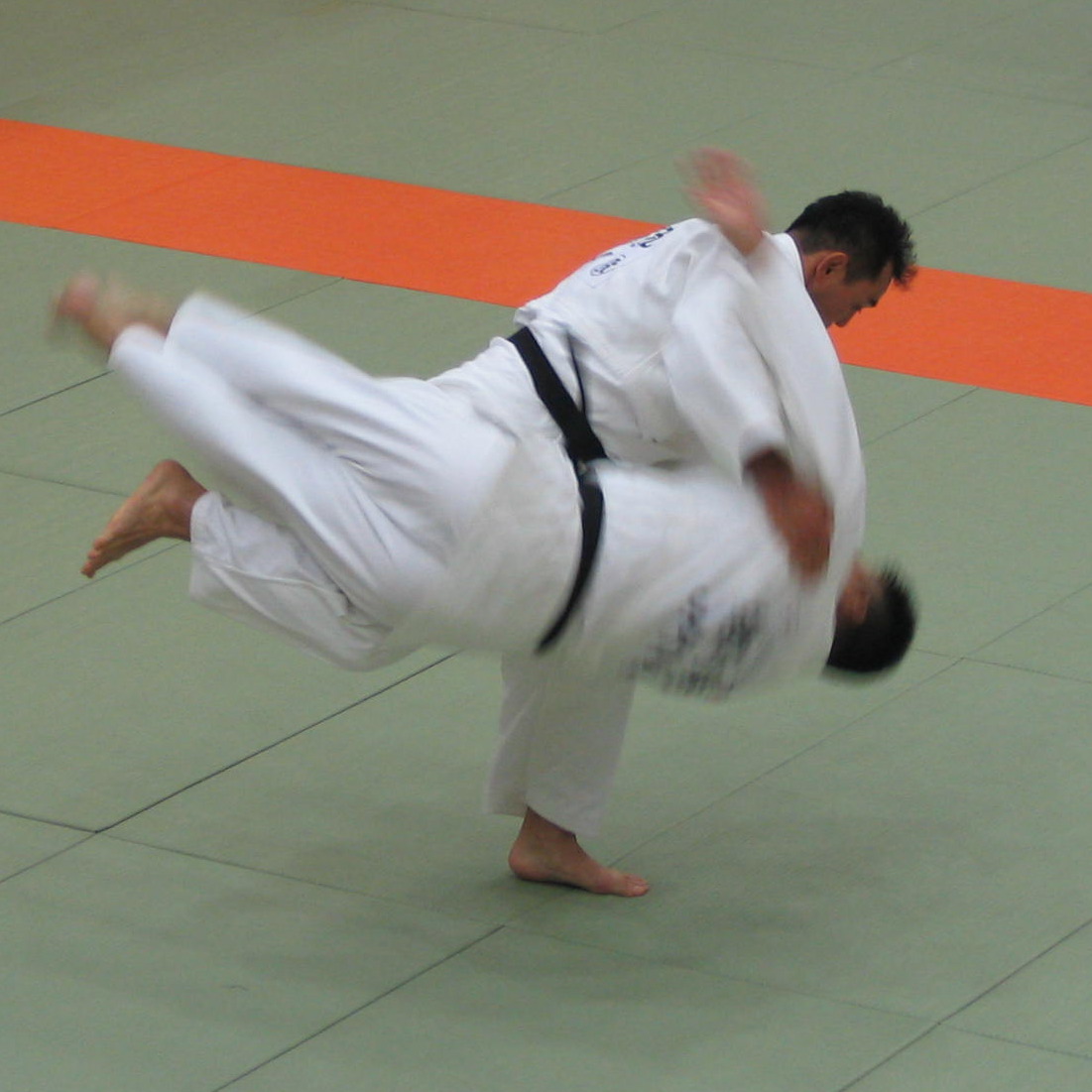|
Damdinsürengiin Nyamkhüü
Damdinsürengiin Nyamkhüü ( mn, Дамдинсүрэнгийн Нямхүү; born September 25, 1979, in Ulaanbaatar) is a Mongolian judoka. Participating at the 2004 Olympics, he was stopped in the round of 32 by Gabriel Arteaga of Cuba. He won the gold medal in the half-middleweight (81 kg) category of the 2006 Asian Games, having defeated Almas Atayev Almas Janadiluly Atayev ( kz, Алмас Жанаділұлы Атаев; born 24 May 1981) is a Kazakhstani judoka. He won the silver medal in the half-middleweight (81 kg) category of the 2006 Asian Games, having lost the final match t ... of Kazakhstan in the final match. He currently resides in Ulaanbaatar. References 2006 Asian Games profile* External links * 1979 births Living people Sportspeople from Ulaanbaatar Mongolian male judoka Judoka at the 2004 Summer Olympics Judoka at the 2008 Summer Olympics Olympic judoka for Mongolia Asian Games medalists in judo Judoka at the 2002 Asian ... [...More Info...] [...Related Items...] OR: [Wikipedia] [Google] [Baidu] |
Ulaanbaatar
Ulaanbaatar (; mn, Улаанбаатар, , "Red Hero"), previously anglicized as Ulan Bator, is the capital and most populous city of Mongolia. It is the coldest capital city in the world, on average. The municipality is located in north central Mongolia at an elevation of about in a valley on the Tuul River. The city was originally founded in 1639 as a nomadic Buddhist monastic center, changing location 28 times, and was permanently settled at its current location in 1778. During its early years, as Örgöö (anglicized as Urga), it became Mongolia's preeminent religious center and seat of the Jebtsundamba Khutuktu, the spiritual head of the Gelug lineage of Tibetan Buddhism in Mongolia. Following the regulation of Qing-Russian trade by the Treaty of Kyakhta in 1727, a caravan route between Beijing and Kyakhta opened up, along which the city was eventually settled. With the collapse of the Qing Empire in 1911, the city was a focal point for independence efforts, leading ... [...More Info...] [...Related Items...] OR: [Wikipedia] [Google] [Baidu] |
Living People
Related categories * :Year of birth missing (living people) / :Year of birth unknown * :Date of birth missing (living people) / :Date of birth unknown * :Place of birth missing (living people) / :Place of birth unknown * :Year of death missing / :Year of death unknown * :Date of death missing / :Date of death unknown * :Place of death missing / :Place of death unknown * :Missing middle or first names See also * :Dead people * :Template:L, which generates this category or death years, and birth year and sort keys. : {{DEFAULTSORT:Living people 21st-century people People by status ... [...More Info...] [...Related Items...] OR: [Wikipedia] [Google] [Baidu] |
Medalists At The 2006 Asian Games
A medal or medallion is a small portable artistic object, a thin disc, normally of metal, carrying a design, usually on both sides. They typically have a commemorative purpose of some kind, and many are presented as awards. They may be intended to be worn, suspended from clothing or jewellery in some way, although this has not always been the case. They may be struck like a coin by dies or die-cast in a mould. A medal may be awarded to a person or organisation as a form of recognition for sporting, military, scientific, cultural, academic, or various other achievements. Military awards and decorations are more precise terms for certain types of state decoration. Medals may also be created for sale to commemorate particular individuals or events, or as works of artistic expression in their own right. In the past, medals commissioned for an individual, typically with their portrait, were often used as a form of diplomatic or personal gift, with no sense of being an award for ... [...More Info...] [...Related Items...] OR: [Wikipedia] [Google] [Baidu] |
Medalists At The 2002 Asian Games
A medal or medallion is a small portable artistic object, a thin disc, normally of metal, carrying a design, usually on both sides. They typically have a commemorative purpose of some kind, and many are presented as awards. They may be intended to be worn, suspended from clothing or jewellery in some way, although this has not always been the case. They may be struck like a coin by dies or die-cast in a mould. A medal may be awarded to a person or organisation as a form of recognition for sporting, military, scientific, cultural, academic, or various other achievements. Military awards and decorations are more precise terms for certain types of state decoration. Medals may also be created for sale to commemorate particular individuals or events, or as works of artistic expression in their own right. In the past, medals commissioned for an individual, typically with their portrait, were often used as a form of diplomatic or personal gift, with no sense of being an award for ... [...More Info...] [...Related Items...] OR: [Wikipedia] [Google] [Baidu] |
Asian Games Bronze Medalists For Mongolia
{{disambiguation ...
Asian may refer to: * Items from or related to the continent of Asia: ** Asian people, people in or descending from Asia ** Asian culture, the culture of the people from Asia ** Asian cuisine, food based on the style of food of the people from Asia ** Asian (cat), a cat breed similar to the Burmese but in a range of different coat colors and patterns * Asii (also Asiani), a historic Central Asian ethnic group mentioned in Roman-era writings * Asian option, a type of option contract in finance * Asyan, a village in Iran See also * * * East Asia * South Asia * Southeast Asia * Asiatic (other) Asiatic refers to something related to Asia. Asiatic may also refer to: * Asiatic style, a term in ancient stylistic criticism associated with Greek writers of Asia Minor * In the context of Ancient Egypt, beyond the borders of Egypt and the cont ... [...More Info...] [...Related Items...] OR: [Wikipedia] [Google] [Baidu] |
Asian Games Gold Medalists For Mongolia
{{disambiguation ...
Asian may refer to: * Items from or related to the continent of Asia: ** Asian people, people in or descending from Asia ** Asian culture, the culture of the people from Asia ** Asian cuisine, food based on the style of food of the people from Asia ** Asian (cat), a cat breed similar to the Burmese but in a range of different coat colors and patterns * Asii (also Asiani), a historic Central Asian ethnic group mentioned in Roman-era writings * Asian option, a type of option contract in finance * Asyan, a village in Iran See also * * * East Asia * South Asia * Southeast Asia * Asiatic (other) Asiatic refers to something related to Asia. Asiatic may also refer to: * Asiatic style, a term in ancient stylistic criticism associated with Greek writers of Asia Minor * In the context of Ancient Egypt, beyond the borders of Egypt and the cont ... [...More Info...] [...Related Items...] OR: [Wikipedia] [Google] [Baidu] |
Judoka At The 2006 Asian Games
is an unarmed modern Japanese martial art, Olympic sport (since 1964), and the most prominent form of jacket wrestling competed internationally.『日本大百科全書』電子版【柔道】(CD-ROM version of Encyclopedia Nipponica, "Judo"). Judo was created in 1882 by Kanō Jigorō () as an eclectic martial art, distinguishing itself from its predecessors (primarily Tenjin Shinyo-ryu jujutsu and Kitō-ryū jujutsu) due to an emphasis on "randori" (, lit. 'free sparring') instead of "kata" (pre-arranged forms) alongside its removal of striking and weapon training elements. Judo rose to prominence for its dominance over established jujutsu schools in tournaments hosted by the Tokyo Metropolitan Police Department (警視庁武術大会, ''Keishicho Bujutsu Taikai''), resulting in its adoption as the department's primary martial art. A judo practitioner is called a , and the judo uniform is called . The objective of competitive judo is to throw an opponent, immobilize them with ... [...More Info...] [...Related Items...] OR: [Wikipedia] [Google] [Baidu] |
Judoka At The 2002 Asian Games
is an unarmed modern Japanese martial art, Olympic sport (since 1964), and the most prominent form of jacket wrestling competed internationally.『日本大百科全書』電子版【柔道】(CD-ROM version of Encyclopedia Nipponica, "Judo"). Judo was created in 1882 by Kanō Jigorō () as an eclectic martial art, distinguishing itself from its predecessors (primarily Tenjin Shinyo-ryu jujutsu and Kitō-ryū jujutsu) due to an emphasis on "randori" (, lit. 'free sparring') instead of "kata" (pre-arranged forms) alongside its removal of striking and weapon training elements. Judo rose to prominence for its dominance over established jujutsu schools in tournaments hosted by the Tokyo Metropolitan Police Department (警視庁武術大会, ''Keishicho Bujutsu Taikai''), resulting in its adoption as the department's primary martial art. A judo practitioner is called a , and the judo uniform is called . The objective of competitive judo is to throw an opponent, immobilize them with ... [...More Info...] [...Related Items...] OR: [Wikipedia] [Google] [Baidu] |
Asian Games Medalists In Judo
{{disambiguation ...
Asian may refer to: * Items from or related to the continent of Asia: ** Asian people, people in or descending from Asia ** Asian culture, the culture of the people from Asia ** Asian cuisine, food based on the style of food of the people from Asia ** Asian (cat), a cat breed similar to the Burmese but in a range of different coat colors and patterns * Asii (also Asiani), a historic Central Asian ethnic group mentioned in Roman-era writings * Asian option, a type of option contract in finance * Asyan, a village in Iran See also * * * East Asia * South Asia * Southeast Asia * Asiatic (other) Asiatic refers to something related to Asia. Asiatic may also refer to: * Asiatic style, a term in ancient stylistic criticism associated with Greek writers of Asia Minor * In the context of Ancient Egypt, beyond the borders of Egypt and the cont ... [...More Info...] [...Related Items...] OR: [Wikipedia] [Google] [Baidu] |
Olympic Judoka For Mongolia
Olympic or Olympics may refer to Sports Competitions * Olympic Games, international multi-sport event held since 1896 ** Summer Olympic Games ** Winter Olympic Games * Ancient Olympic Games, ancient multi-sport event held in Olympia, Greece between 776 BC and 393 AD * Wenlock Olympian Games, a forerunner of the modern Olympic Games, held since 1850 * Olympic (greyhounds), a competition held annually at Brighton & Hove Greyhound Stadium Clubs and teams * Adelaide Olympic FC, a soccer club from Adelaide, South Australia * Fribourg Olympic, a professional basketball club based in Fribourg, Switzerland * Sydney Olympic FC, an Australian soccer club * Olympic Club (Barbacena), a Brazilian football club based in Barbacena, Minas Gerais state * Olympic Mvolyé, a Cameroonian football club based in Mvolyé * Olympic Club (Egypt), a football and sports club based in Alexandria * Blackburn Olympic F.C., an English football club based in Blackburn, Lancashire * Rushall ... [...More Info...] [...Related Items...] OR: [Wikipedia] [Google] [Baidu] |
Judoka At The 2008 Summer Olympics
is an unarmed gendai budō, modern Japanese martial art, Olympic sport (since 1964), and the most prominent form of jacket wrestling competed internationally.『日本大百科全書』電子版【柔道】(CD-ROM version of Encyclopedia Nipponica, "Judo"). Judo was created in 1882 by Kanō Jigorō () as an eclectic martial art, distinguishing itself from its predecessors (primarily Tenjin Shin'yō-ryū, Tenjin Shinyo-ryu jujutsu and Kitō-ryū jujutsu) due to an emphasis on "randori" (, lit. 'free sparring') instead of "kata" (pre-arranged forms) alongside its removal of striking and weapon training elements. Judo rose to prominence for its dominance over Kodokan–Totsuka rivalry, established jujutsu schools in tournaments hosted by the Tokyo Metropolitan Police Department (警視庁武術大会, ''Keishicho Bujutsu Taikai''), resulting in its adoption as the department's primary martial art. A judo practitioner is called a , and the judo uniform is called . The objective of co ... [...More Info...] [...Related Items...] OR: [Wikipedia] [Google] [Baidu] |
Judoka At The 2004 Summer Olympics
is an unarmed gendai budō, modern Japanese martial art, Olympic sport (since 1964), and the most prominent form of jacket wrestling competed internationally.『日本大百科全書』電子版【柔道】(CD-ROM version of Encyclopedia Nipponica, "Judo"). Judo was created in 1882 by Kanō Jigorō () as an eclectic martial art, distinguishing itself from its predecessors (primarily Tenjin Shin'yō-ryū, Tenjin Shinyo-ryu jujutsu and Kitō-ryū jujutsu) due to an emphasis on "randori" (, lit. 'free sparring') instead of "kata" (pre-arranged forms) alongside its removal of striking and weapon training elements. Judo rose to prominence for its dominance over Kodokan–Totsuka rivalry, established jujutsu schools in tournaments hosted by the Tokyo Metropolitan Police Department (警視庁武術大会, ''Keishicho Bujutsu Taikai''), resulting in its adoption as the department's primary martial art. A judo practitioner is called a , and the judo uniform is called . The objective of co ... [...More Info...] [...Related Items...] OR: [Wikipedia] [Google] [Baidu] |




